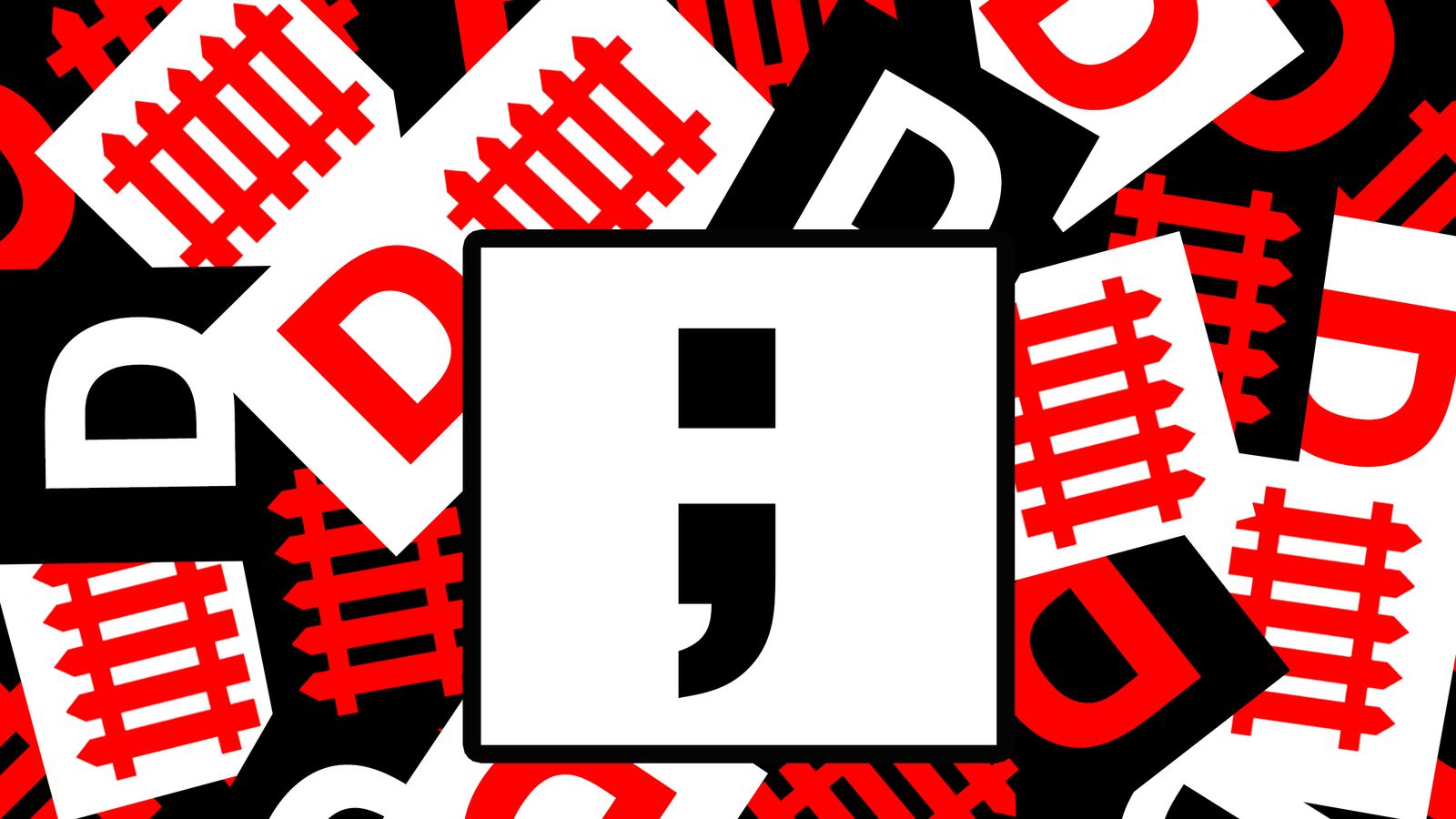Excerpted from The Getaway Car: A Donald Westlake Nonfiction Miscellany.
Letter to Pam Vesey, copy editor at Marian Evans who was working on what would become Westlake’s novel Brothers Keepers.
February 24, 1975
Dear Pam,
I don’t intend to get into a thing here like Brian with his commas, but I do want to rise to say a word or two for the semicolon. It does exist as a tool of punctuation in written English prose, and is just as respectable as any other piece of punctuation you can think of; goes to church on Sundays and all the rest of it.
In fact, my Random House Dictionary goes so far as to define it. “The punctuation mark used to indicate a major division in a sentence where a more distinct separation is felt between clauses or items on a list than is indicated by a comma, as between the two clauses of a compound sentence.”
I point out in that definition the phrase “is felt,” and I suggest that the individual doing the feeling is presumed to be the writer. I point out the phrase “more distinct separation,” and I suggest that the purpose of the semicolon is at least in part rhythmic.
XTRA INSIGHT: Donald E. Westlake, The Man With The Getaway Face (READ MORE)
My own rhythms tend to be long ones, and I grant you that as a result I tend to over-use the semicolon, but some of them are right, and in most instances (in this book and others) the copy-editor’s alternative is less correct. Breaking the offending sentence into two sentences is grammatically correct but often rhythmically wrong. Replacing the semicolon with a colon is correct only if a list or a new sentence follows the punctuation, in which case (a) I would probably have used a colon myself, and (b) a double space should follow, as it follows a period. Replacing the colon with a dash is never right, since dashes, except in speech—in which they indicate a break in the flow—must always appear in pairs. The function of the dash in ordinary prose is identical to—but less formal than—the function of the parenthesis.
Why does everybody hate the poor semicolon? It’s nice; it’s useful; it’s even rather pretty.
Second topic. I have added a page to the very end of the book. It didn’t seem right to end on a downer, so I brought Brother Benedict home and showed him happy. (The new material contains a semicolon; it has orders to call me if anybody gives it any trouble.)
Yours in Strunk,Don
Reprinted with permission from The Getaway Car: A Donald Westlake Nonfiction Miscellany, edited by Levi Stahl, published September 2014 by the University of Chicago Press. Copyright: Donald E. Westlake. All rights reserved.






